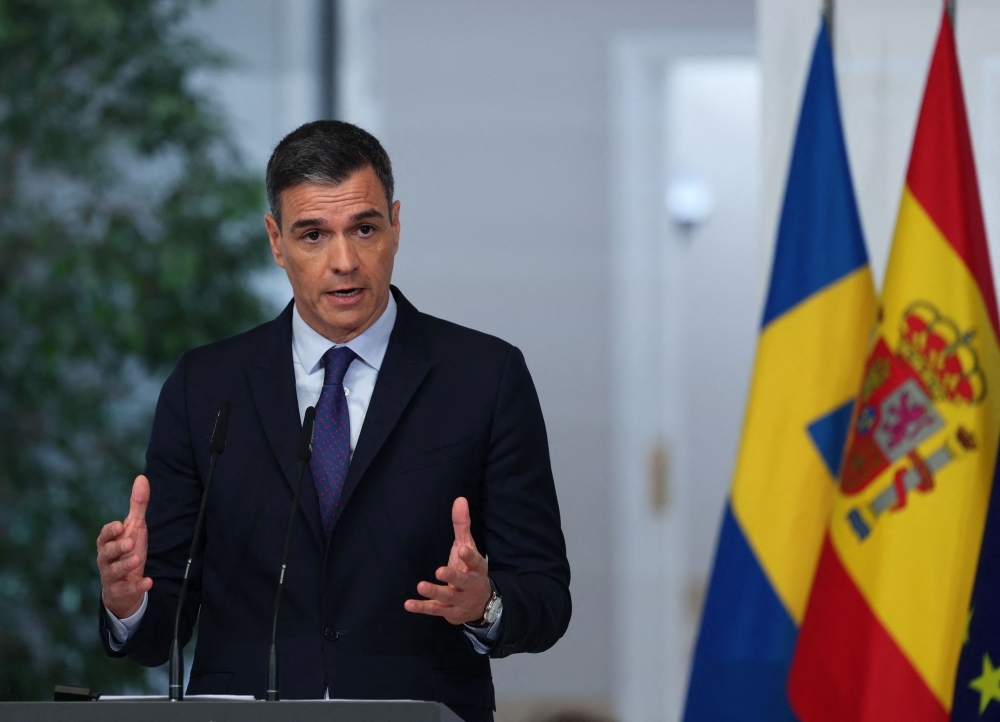Spain is leading a bold move to end the decades-old practice of changing the clocks twice a year. Prime Minister Pedro Sánchez announced on Monday, through a video message posted on X, that Spain will push the European Union (EU) to abolish daylight saving time starting in 2026.
“Frankly, I no longer see any reason for this,” Sánchez said, as reported by the German Press Agency (dpa).
The Prime Minister emphasized that public opinion across Europe is largely against the seasonal time change. Studies and surveys show that a majority of EU citizens believe the clock switch disrupts biological rhythms, disturbs sleep patterns, and fails to deliver any real energy savings — which was once the main reason for its introduction.
Daylight saving time, reintroduced in 1980, was intended to make better use of daylight and conserve energy. Yet, modern data reveals that its benefits have faded, while health experts warn of increased risks of fatigue, stress, and even heart problems triggered by the twice-yearly change.
Under the current schedule, clocks will go back an hour on October 26, marking the end of Central European Summer Time (CEST).
Although the European Commission held a public survey in 2018 showing 84% of participants opposed to the practice, EU countries have yet to reach an agreement on whether to permanently adopt summer time or standard winter time, leaving the issue unresolved.
Sánchez’s call reignites the debate — one that touches not only on energy efficiency, but also on mental health, productivity, and well-being. As Europe grapples with changing lifestyles, environmental shifts, and the need for healthier routines, Spain’s move could set the stage for a more human-centered approach to time itself.




